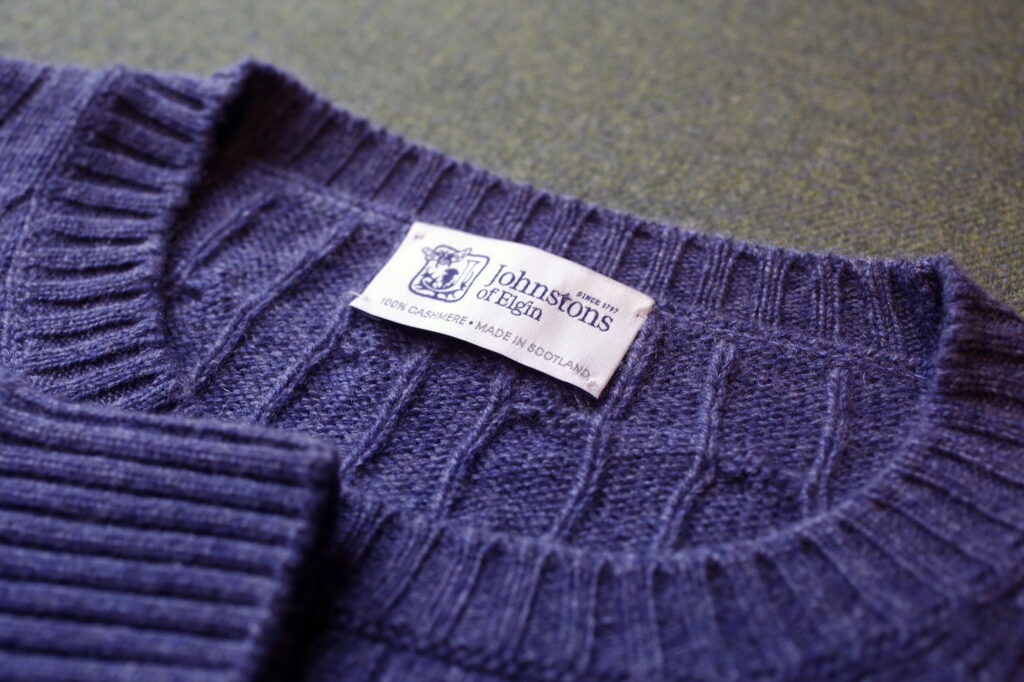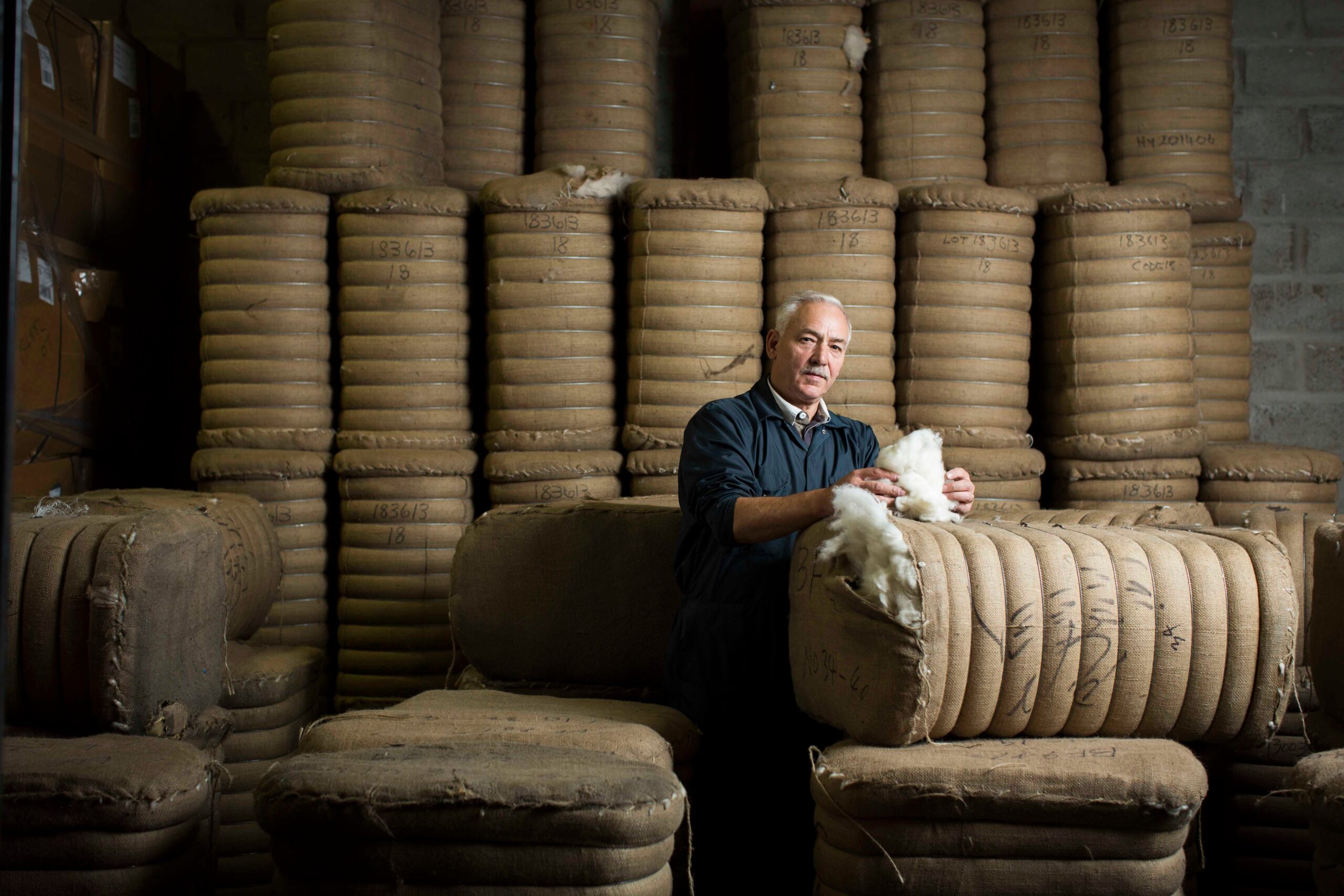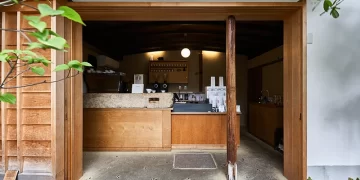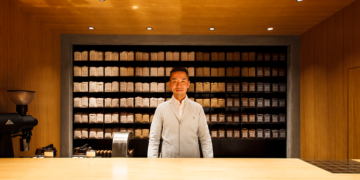In the world of luxury fashion manufacturing, certain places shine as beacons of unparalleled craftsmanship and heritage. Among these, Hawick, a quaint town in Southern Scotland, may not immediately come to mind alongside Paris, Milan or even New York. Yet, its rich legacy in producing the finest cashmere has earned it a distinguished place in the hearts of the most prestigious international luxury fashion houses, including Chanel, which has deeply invested in preserving the artisanal skills found within this community
Situated an hours drive south of Edinburgh where the rivers Slitrig and Teviot merge, Hawick has been at the forefront of textile innovation since the 1700s, evolving over centuries to become today’s global go-to for luxury cashmere knitwear. The town’s skilled artisans, leveraging the superior qualities of cashmere over traditional wool, have not only captured the attention of iconic fashion houses like Prada, Dior, Hermès, and Chanel, producing white-label garments that support local brands such as Barrie, Hawico, and Johnstons of Elgin, but also found in Hawick’s mills and artisans the embodiment of Métiers d’Art—a celebration of art professions that are crucial to the heritage and operation of the luxury fashion industry, as seen by Chanel’s investment.
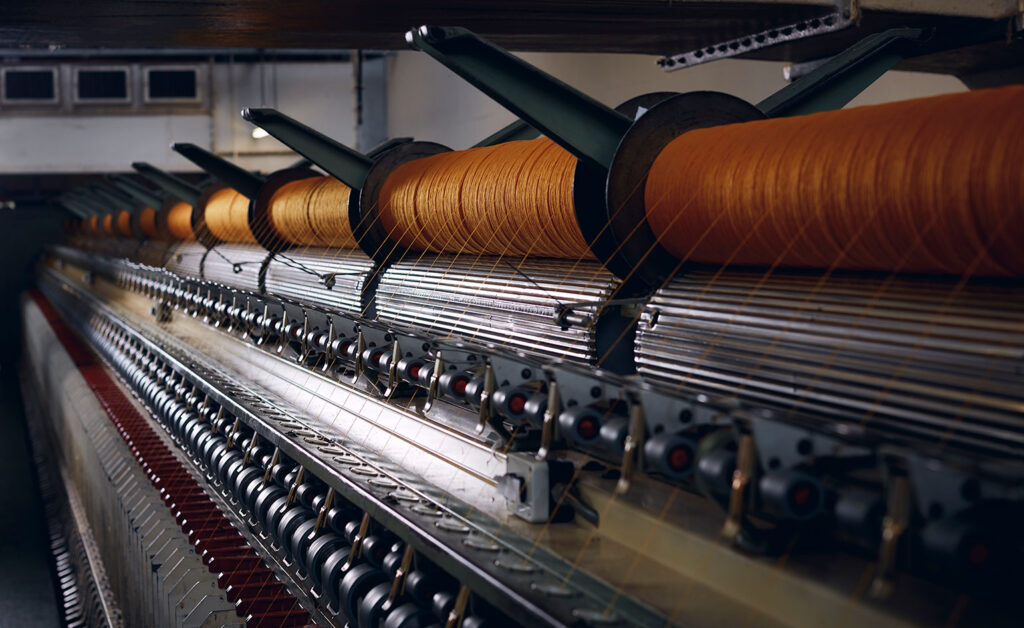
Chanel’s connection to Hawick underscores the town’s significance in the realm of high-end cashmere production. The luxury brand’s acquisition of Barrie in 2012 was more than a business transaction; it was a step towards preserving the exceptional craftsmanship that has defined Hawick. This ethos aligns with Chanel’s dedication to its Métiers d’Art collections, initiated in 1984 to honor the small specialist workshops whose expertise and craftsmanship are indispensable to French luxury. As Karl Lagerfeld, Chanel’s late creative director, famously remarked, “Without them, I don’t know how we could do it.”
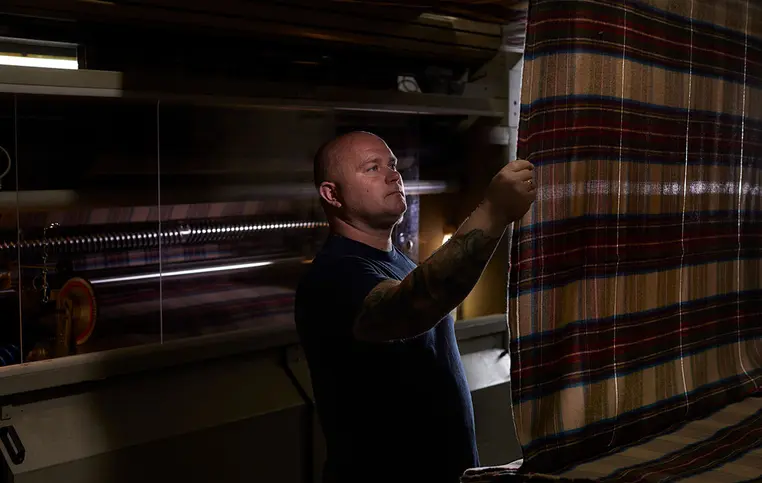
Barrie, with its storied history and collaboration with Chanel, epitomizes the symbiosis between local heritage and global luxury. The mill’s workers, whose skills have been passed down through generations, play a critical role in maintaining the high standards expected by Chanel and the fashion world at large. Their meticulous attention to detail and mastery of traditional techniques ensure that each piece of cashmere knitwear not only meets but exceeds the expectations of luxury consumers.
Johnstons of Elgin’s move to Hawick in 1980 further exemplifies the town’s magnetic pull for those in pursuit of cashmere excellence. The company’s decision was driven by Hawick’s reputation for skilled craftsmanship, which has been instrumental in both preserving traditional methods and catering to the demands of high fashion houses. Johnstons, like Barrie, has become a standard-bearer for the quality and durability that distinguish Scottish cashmere from its global counterparts.
For instance, Italian cashmere, often characterized by its looser knit, contrasts with Asian cashmere, which may initially feel softer but can deteriorate in quality after repeated use. In comparison, Scottish cashmere stands out for its tightly knit construction. This meticulous approach to knitting is key to its superior quality. Such craftsmanship ensures that Scottish cashmere products not only become more supple with time but also enjoy greater longevity, maintain their shape better, and show remarkable resistance to pilling.
The revival of Hawick’s textile industry, marked by Chanel’s investment and the opening of new facilities like Scott & Charters, speaks to a broader trend in the fashion industry towards valuing artisanal integrity and sustainable practices. The establishment of training schools and apprenticeship programs ensures the transmission of invaluable skills to future generations, safeguarding the legacy of Hawick’s cashmere manufacturing.
Hawick’s transformation from a regional textile center to a linchpin of the luxury cashmere world mirrors the fashion industry’s evolving appreciation for the Métiers d’Art. The town’s enduring commitment to craftsmanship, nurtured by the support of global luxury brands, stands as a testament to the irreplaceable value of artisanal expertise in the age of mass production. As Hawick continues to weave its story into the fabric of luxury fashion, it not only preserves its own heritage but also enriches the global narrative of quality, luxury, and artisanship.
